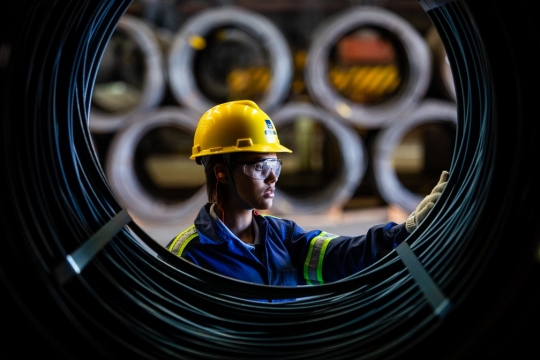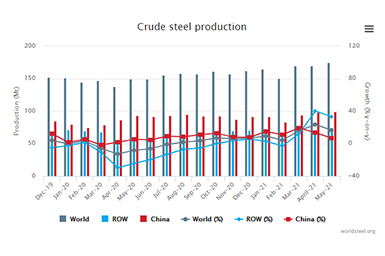Gas pipelines in Germany are ready for hydrogen transport
Source: Pixabay
A recent study by the German Technical and Scientific Association for Gas and Water (DVGW) shows that the gas pipelines installed in Germany are suitable for transporting hydrogen. This means that a major hurdle for the hydrogen ramp-up has been cleared.
The DVGW's research project “Random testing of steel materials for gas pipelines and installations to assess their suitability for hydrogen” (SyWeSt H2) has come to a pleasing conclusion for hydrogen ramp-up: the pipelines show no differences in terms of their basic suitability for transporting hydrogen compared to natural gas.
The study was carried out by Open Grid Europe and the Materials Testing Institute of the University of Stuttgart. For the research project, a representative cross-section of the steels used in German and, in some cases, European gas pipelines was exposed to extreme operating and ageing influences under hydrogen and technically tested. Both operational ageing and the required fracture toughness meet the expectations for safe availability that can last for decades.
Conversion costs up to 30 billion euros
Instead of building a new gas network for the transport of hydrogen, the existing German gas network, which is more than 550,000 km long, could be converted. The total cost of converting to the transport of hydrogen is estimated at around 30 billion euros. According to the study, millions of households and businesses with gas connections are already H2-ready or can be made H2-ready with relatively little effort. This means that they can be supplied with 100 percent climate-neutral hydrogen via the existing infrastructure.
In order to ensure that there is complete legal certainty for this conversion, the DVGW has adapted its regulations for the use of up to 100 % hydrogen and is currently supplementing them with additional standards.
“The research results are groundbreaking for the future of hydrogen. Of the three challenges along the value chain - production, transport and utilisation - transport has now been fundamentally solved. In pipeline networks, the pipes can continue to be used, and only individual installation parts or station elements need to be upgraded or replaced”, says Prof. Gerald Linke, Chairman of the Board of DVGW. “This makes economic sense, because we can draw on an existing infrastructure with an investment volume of around 300 billion euros made over many decades. The German government must now use this great potential and pave the way for the hydrogen economy in order to live up to its claim of accelerated climate protection.”
For the research project, samples of the steels used in German gas pipelines were subjected to comprehensive measurement methods that, compared to previous studies, take into account additional variables such as the influence of hydrogen pressure. These new methods enable more accurate service life forecasts and correspondingly longer predictable operating times for pipelines. This also allows for better planning and maintenance of the gas network.







 EXPOGROUP Supports The"GO GREEN"
EXPOGROUP Supports The"GO GREEN"